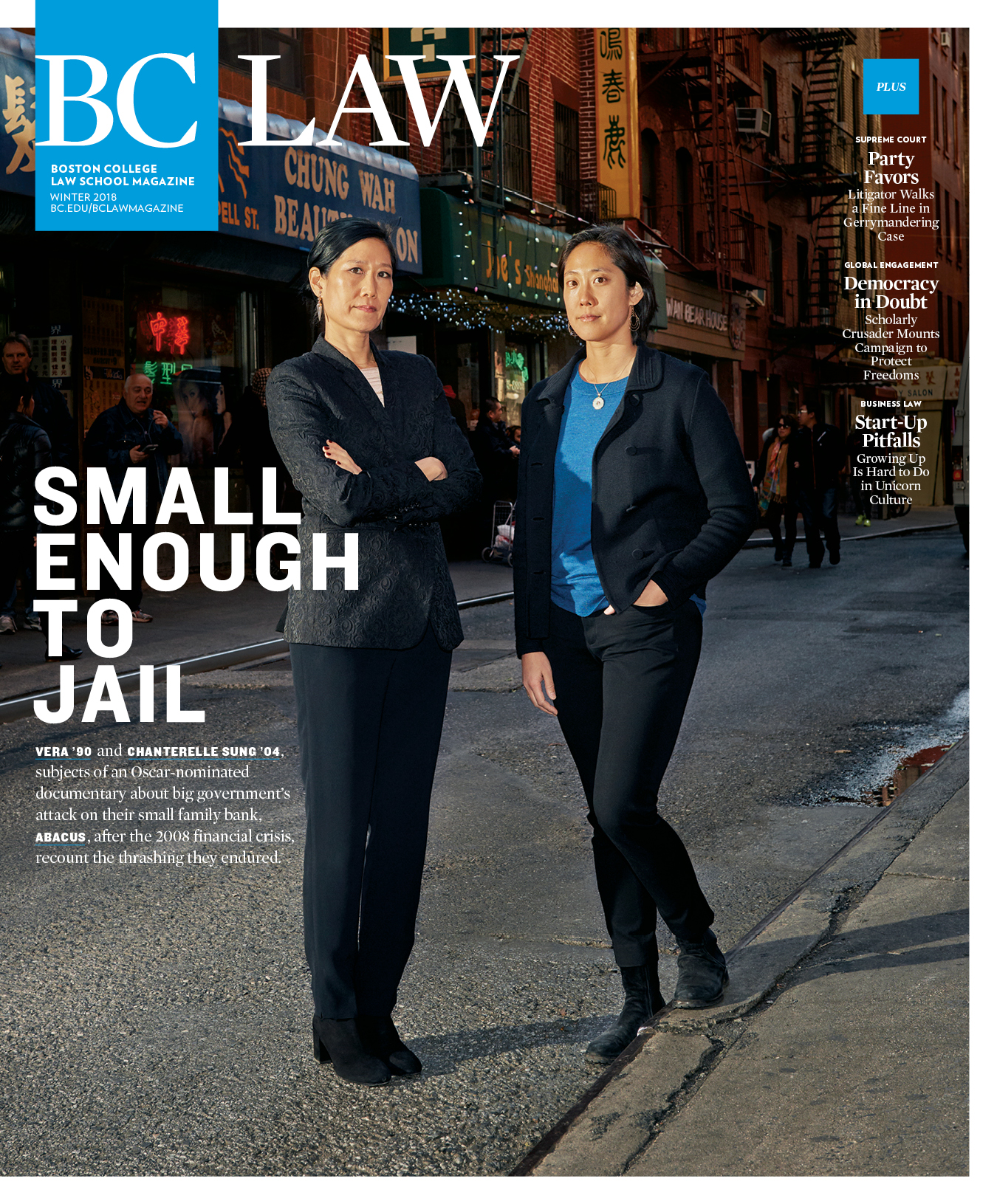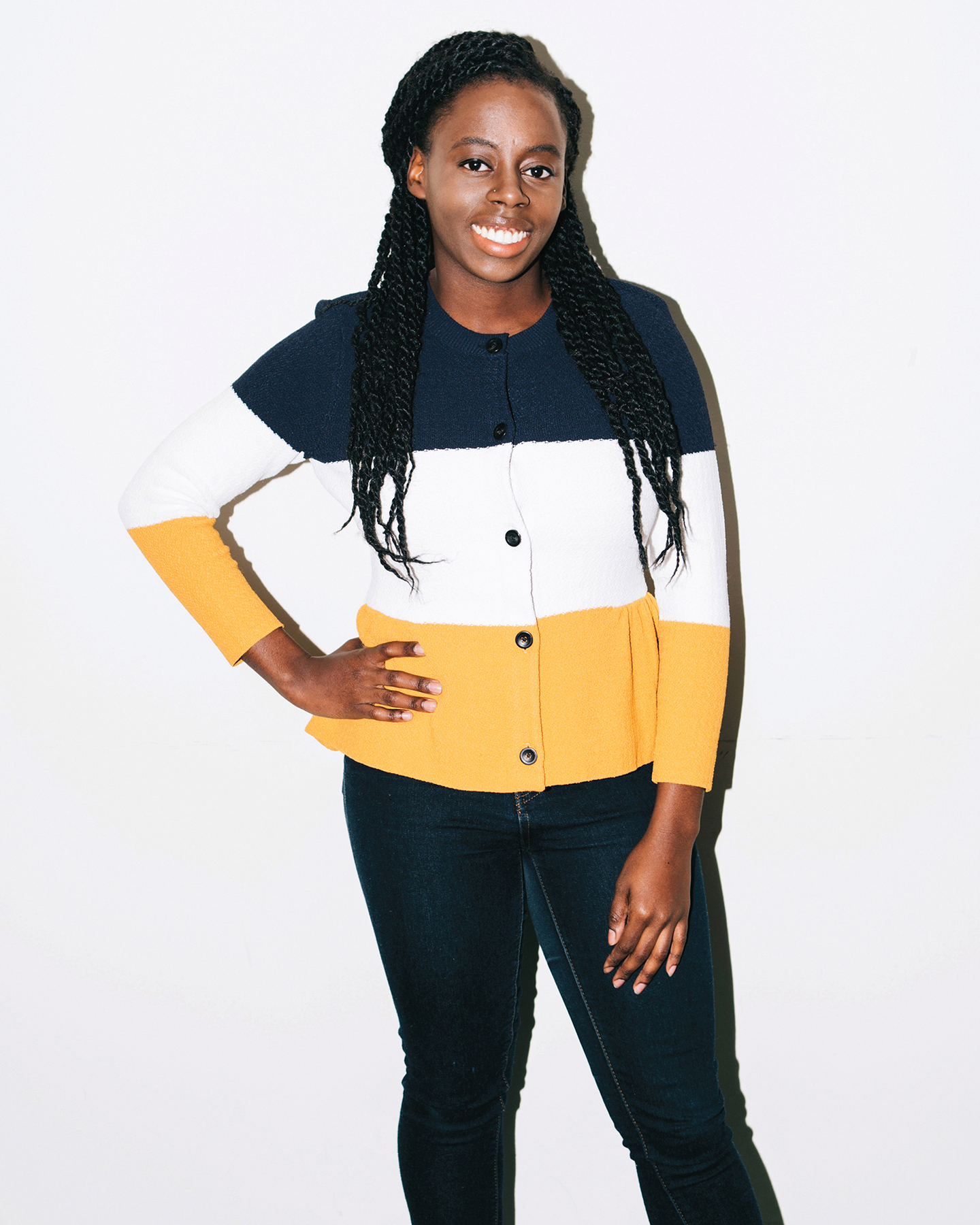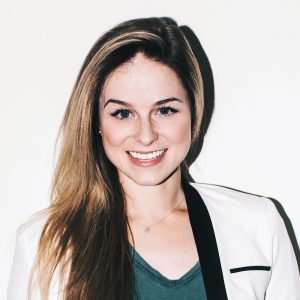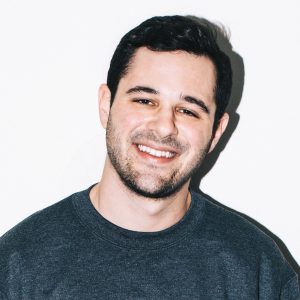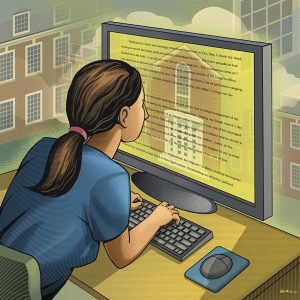“Hmm, you would be pretty if you would do something with your hair,” stated my friend. Yes, you read correctly, I considered this person my friend. The off-handed comment was one of the least rude in a collection of condescending, bullying, and name-calling experiences. I was in the third grade and recently placed in a new school in an unfamiliar city. At this point, I could take all the “friends” I could get, even if it meant receiving hurtful words, or being spoken of behind my back. Because of my short hair—which may have led people to think I was a boy—my buck teeth, and dark skin tone, I was the brunt of dirty stares and words of ridicule. Mostly, no one wanted to be associated with me.
Since I was clearly judged and seen only by my appearance, I refused to be heard as well; I usually kept to myself and spoke very little. This allowed many people, educators included, to overlook me and label me as shy. Though I had accomplished my goal of keeping quiet, my reserved disposition and tendency to hold back in social settings affected my confidence and sense of self.
Whenever I was bullied at school or church, I refused to let a trusted adult know. I was ashamed of what was happening to me and didn’t want to be seen as a snitch. I began to internalize the hateful messages, making myself believe that I was truly not beautiful and not worthy of having any valuable friendships. The social interactions spiraled into my academics; I was a remarkable student on paper, getting straight A’s and excelling among my peers, but I barely spoke my mind in class.
This learned behavior carried on for many years, though as I grew older, I was determined to find the voice I had lost. I decided to immerse myself in organizations that placed me in a position to speak about social issues, and I engaged more with students in collaborative efforts. Along the way, I learned that my voice became stronger when I had something important to say. In other words, my voice came with a purpose.
My story is unique but has a common theme of bullying based on colorism and trying to live up to certain beauty standards as a black woman. I have found that lost voices are also common among the children I work with as a dependency case manager. Many of them are survivors of abuse and neglect. Imagine being a victim of such circumstances and being unable to express how you really feel because you are afflicted with guilt and shame. Many children in the child welfare system are emotionally and behaviorally scarred. In most cases, their lack of trust in others has discouraged them from building healthy relationships and speaking up on matters of utmost importance. Their voice is their purpose. If the cycle continues and their voice is lost, so is their purpose.
As a case manager, I work hand in hand with my clients to help them achieve the types of lives they desire. Although this experience has been rewarding, I believe it is my time to advocate for them on a larger level. I’ve observed that there is a huge disconnect between what occurs in the case management field and in the court system: I have seen decisions made that do not reflect the details of a case and do not properly address the child’s best interests. I would like to bridge this gap by attending law school and one day becoming a family court judge.
As Frederick Douglass stated, “It is easier to build strong children than to repair broken men.” I welcome the opportunity to help children in their greatest times of need and to restore voices to those who have none.


